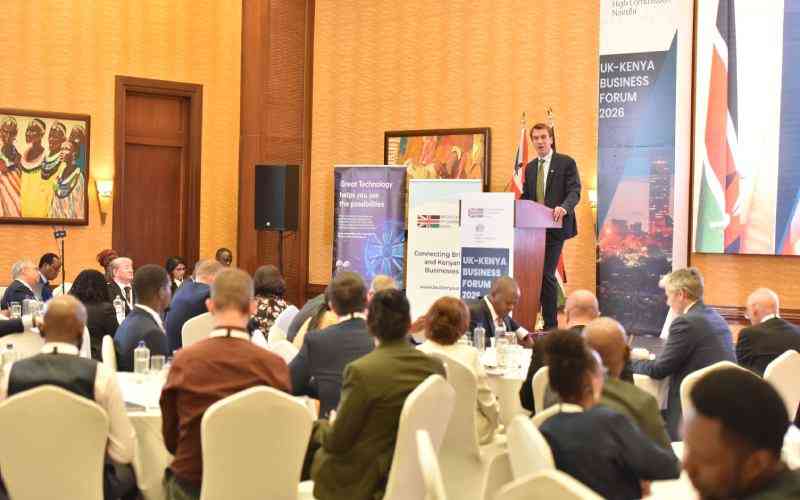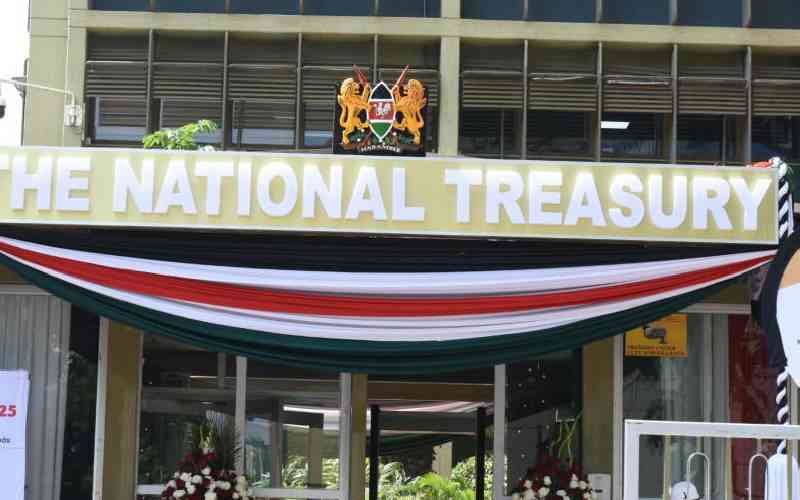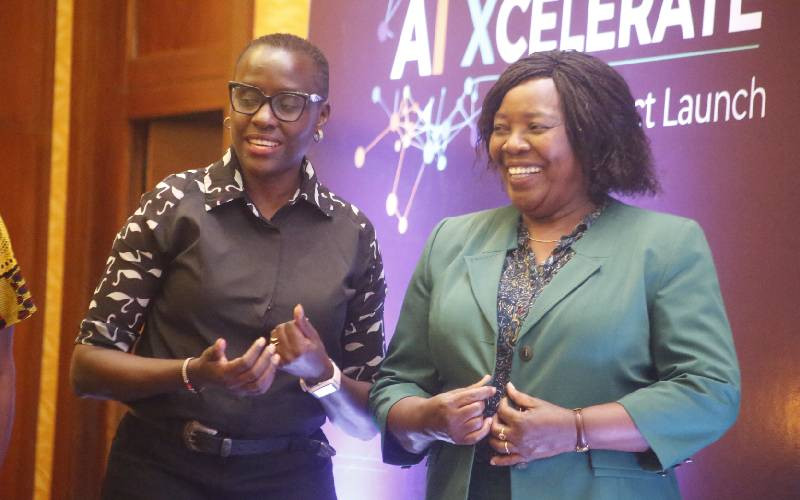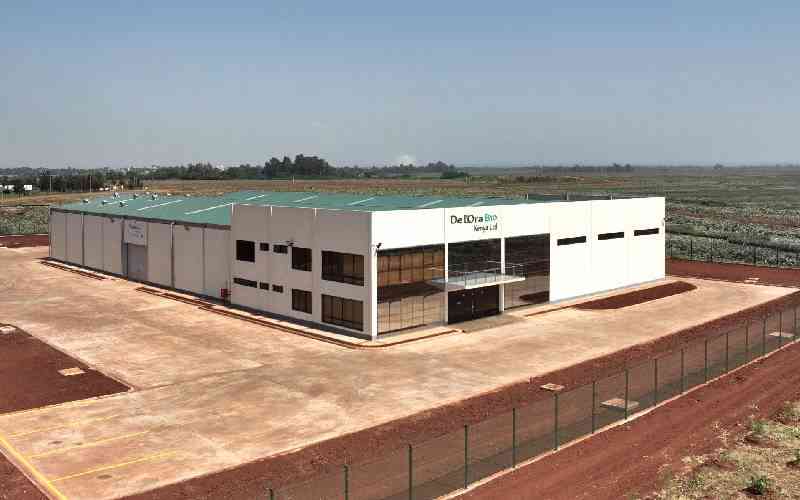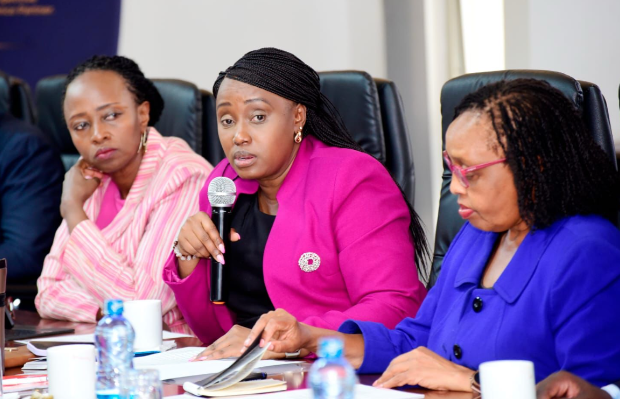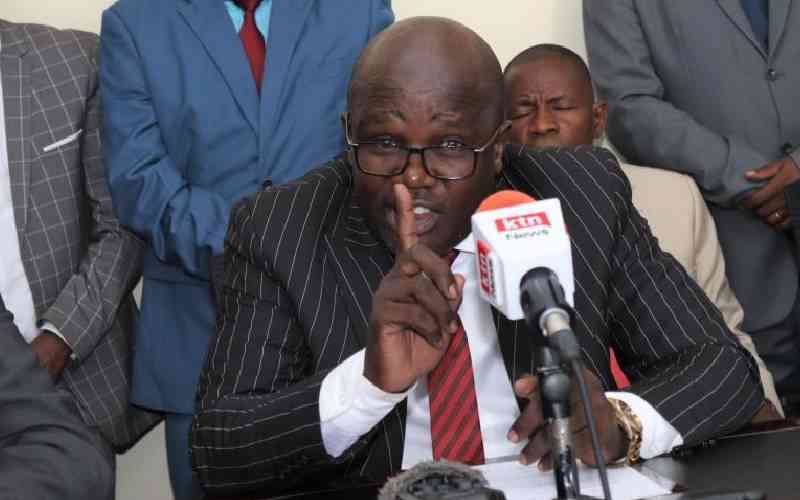
As we prepare for the season of goodwill and peace on earth and celebrate the birth of Saviour Jesus Christ, many of us are not at peace and goodwill is missing from our lives. Workers unions have had the roughest time, playing strike and return-to-work-after-pay-promises game with the government and relevant stakeholders.
Medical practitioners and public universities staff have borne the worst brunt of unkept pay promises by government. Medics were threatening to down their tools yet again however, this was averted only this week, after a meeting with the government that cooled temperatures and saw them return to work.
